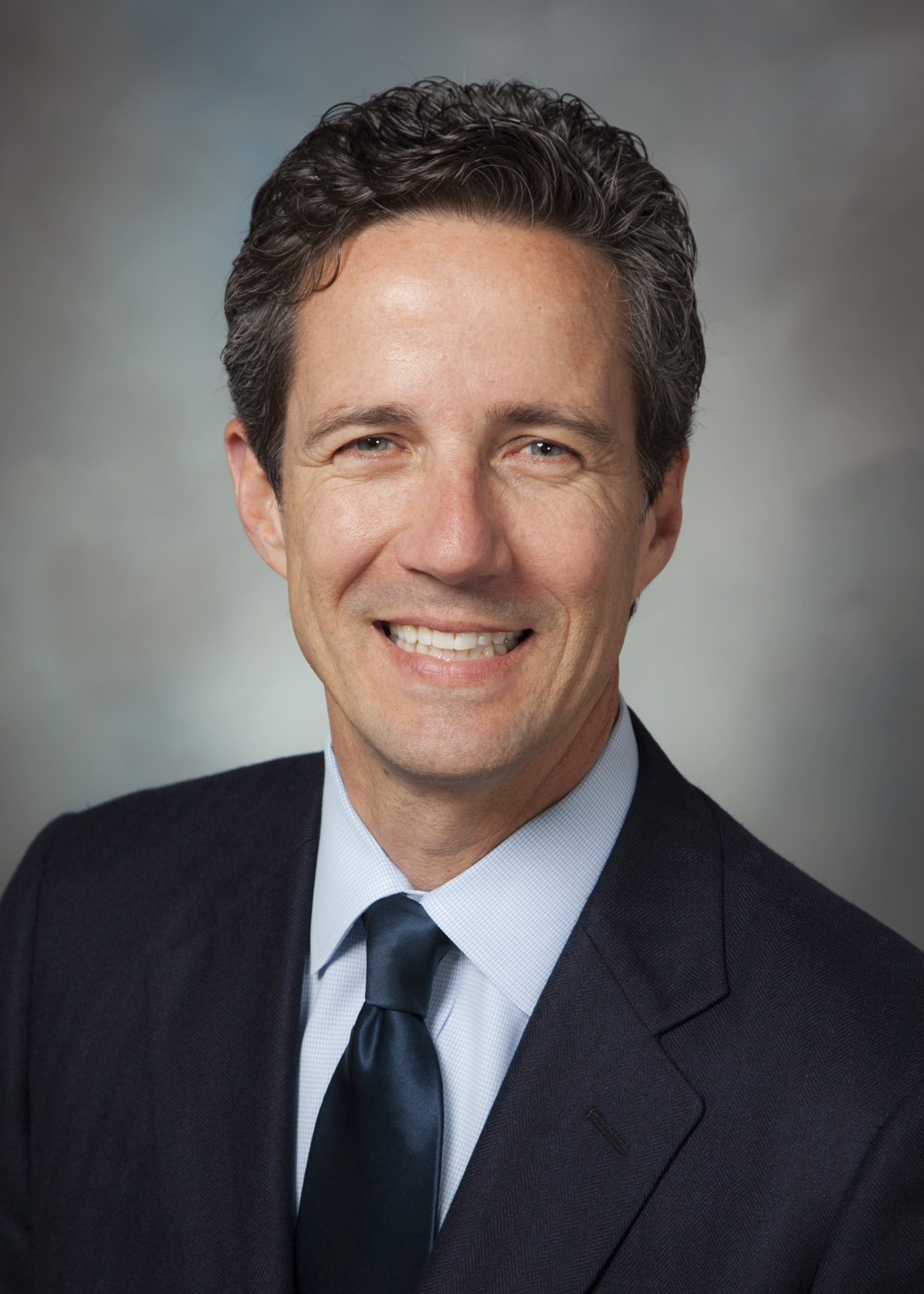North Texas State Senator Kelly Hancock authored Senate Bill 1264 to address surprise billing in the state, prohibiting out-of-network providers from sending surprise bills when patients don’t have a real choice of provider. The bill will make patients responsible for applicable co-pays, coinsurance, and deductibles with no additional charges after mediation between the provider and health plan.
Data from the Texas Association of Health Plans says that 30 percent of all ER physician services are out of network, even though 65 percent of those services occur at hospitals that are in network. Freestanding emergency rooms account for 83 percent of all out-of-network emergency room services, resulting in $3 billion a year in avoidable costs. Excluding freestanding emergency rooms, 94 percent of out-of-network physician claims for emergency services occur at network hospitals.
TAHP’s findings show that nearly half of all ER physician claims are out network, which is much higher than other specialities, while 10 percent of anesthesiologists, six percent of all facility-based physician services, and only five percent of all non-facility based physician services are out of network.
In most situations, providers are willing to accept smaller payments in order to have the health plan continue to steer patients toward their services, but for emergencies, patient volume is not impacted by the health plan network. More and more states are making efforts to end surprise billing on a state level, and as of December 2018, 25 states had legislated some sort of protection for patients. Ambulance services and emergency department services are the major culprits nationwide as well, according to data from the Brookings Institution.
“Patients are being forced to see providers out of network or a provider they never met,” says TAHP CEO Jaime Dudensing, a former nurse.
Because many of the large insurers are regulated under federal legislation, the bill includes protection for the 420,000 Texans enrolled in the state employee benefit plan, the 250,000 Texans enrolled in the public teacher benefit plan, and the 430,000 teachers in the self-funded teacher health insurance plan. The bill would allow federally regulated and self-funded health benefit plans (40 percent of the Texas health insurance market) to opt into the protections as well.
“The problem keeps getting worse,” Dudensing says, though she sees bipartisan momentum for the bill to pass. “The bills have been working incrementally, but it hasn’t been enough. It is time for us to fix this once and for all.”
Senator Hancock represents residents in Dallas and Tarrant counties in Senate District 9 and serves as the Chairman of the Texas Senate Committee on Business & Commerce and Vice Chair of the Texas Senate Committee on Transportation. He is joined by Representative Trey Martinez, a Democrat from San Antonio who is taking up the issue in the Texas House. While property tax reform and education funding have taken up much of the Texas Legislature funding, this issue has momentum in both houses as well.
“Texas has some of the most expensive ER costs and highest rates of surprise billing in the country, and Texas patients are paying the price,” said Jamie Dudensing via release “Sen. Hancock and Rep. Martinez Fischer have filed landmark legislation that will end surprise billing and help protect Texas patients from medical debt once and for all. Sen. Hancock and Rep. Martinez Fischer have been leaders on this issue for a decade, and we commend them for their important work.”






